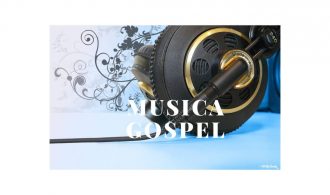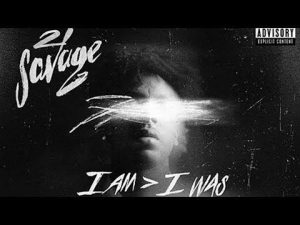Concerning the history of gospel or evangelical music, even though the denomination “Gospel Music” presents a possibility of comprehensiveness of the musical field quite large, its styles, presenting different names, have the same root and essence, that is, the music American black Christian.
The Negro Spirituals, perhaps one of the ancient styles of black music that in fact had approximation of the Gospel. The point of such a short story is the music that has passed from the Afro-American church and has inspired the cornucopia of modern choirs, contemporary contemporary Gospel that is Contemporary Christian Music, Rhythm & Blues artists, not to mention more styles of music of the genre.
The “little boy” in relation to Gospel music, fed by a huge multi-billion dollar recording industry of American music, jumped out of its own simple, Christian crib and passed through the church walls to a market very different from what we live today.
The Gospel continues to grow. According to Gospel Today, a magazine of the United States, between 2003 and 2008, 7 private divisions were created exclusively for Gospel artists.
And statistics from the same publication have pointed out that independent labels have grown by 50 percent, with Gospel-style sales revenue only tripling in the last decades, from $ 180 million in 1980 to $ 500 million in year 1990.
Origins of Hinos Evangélicos
The composer of merit type There Will Be Peace in the Valley, Thomas A. Dorsey is determined by so many, The Father of Gospel Music. Early in his career, Thomas was a featured pianist for the Blues, popular for Georgia Tom.
He began writing gospel after listening to Charles A. Tindley at a musicians’ convention in Philadelphia, and then, by abandoning the more aggressive lyrics of more songs, he did not abandon the jazz rhythm much like Tindley’s.
The Church at first did not approve of Dorsey’s style and did not consider it appropriate to the sanctuary at that time. In 1994, after his death, Score, a magazine of the United States, published an article entitled The Father of Gospel Music, that is, the Father of Gospel Music.
In that article, the magazine claims that at the time that Dorsey noticed, at the beginning of his Gospel career, that several people were conflicting with the Gospel style, he was “determined to carry the flag” favoring the style, well understood. And this way he did.
He invested in the 500 copies of his song If You See My Savior, “If You See My Savior” and sent it to many churches in the country. And about 3 years it was necessary for him to get more requests of the song, being almost returned to the Blues.
But Dorsey did not win and through the help of more good musicians he moved on. And did work with Sallie Martin and Willie Mae Ford Smith, singers. He wrote hundreds of gospel songs and watched his music rise in the pulpit of churches.
It was Dorsey’s responsibility to found the National Convention of American Gospel Corals in 1932, an organization that has existed until nowadays in the origin of the gospel style.








